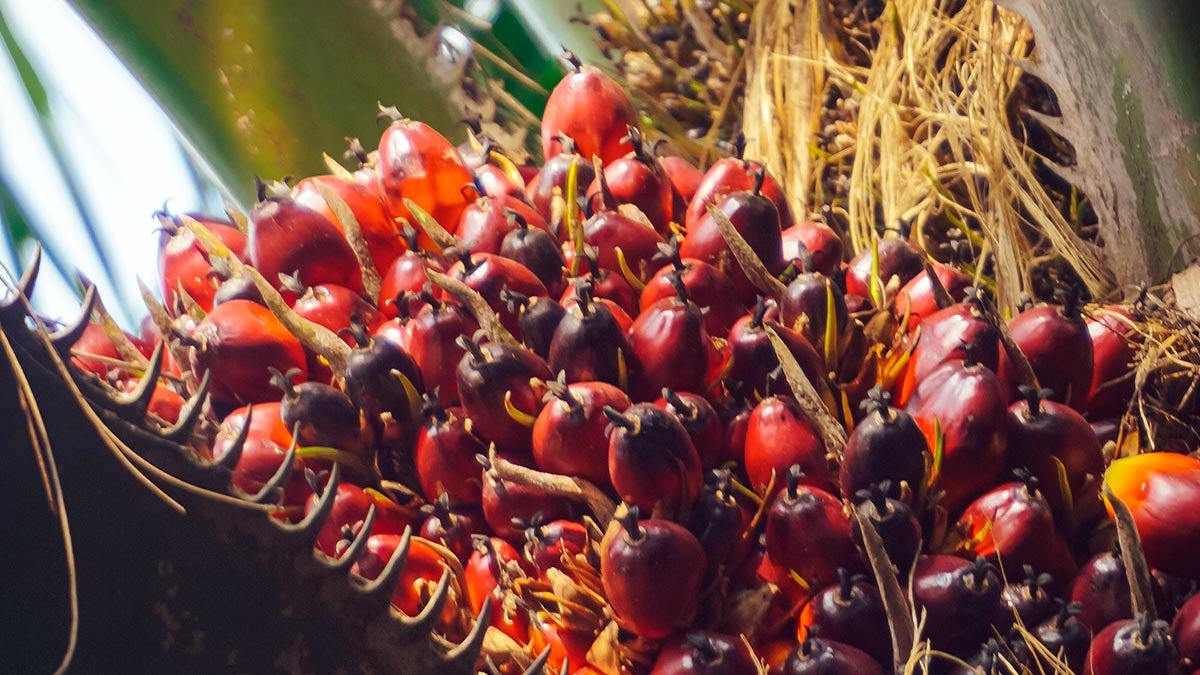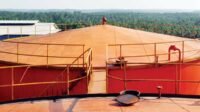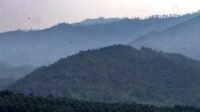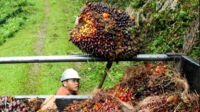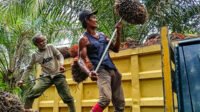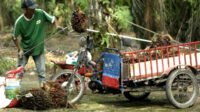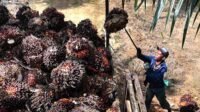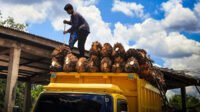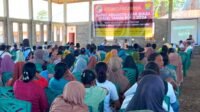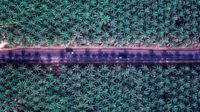PALMOILMAGAZINE, SAMPIT — A wildlife attack has again rocked Kotawaringin Timur (Kotim) Regency, Central Kalimantan. This time, two palm oil plantation workers in Mentaya Hulu District were injured following a surprise attack by a honey bear (Helarctos malayanus) while working in the field.
“We received a report of a honey bear attack involving two victims—both employees of a plantation company in Mentaya Hulu,” said Muriansyah, Head of the Sampit unit of the Natural Resources Conservation Agency (BKSDA), as quoted by Palmoilmagazine.com from Antara, Thursday (July 24, 2025).
The incident serves as a stark reminder that wildlife threats in Kotim are not limited to water-related dangers like previous crocodile attacks, but also come from land-based species such as this protected honey bear.
Also Read: Ministry of Industry Accelerates Palm Waste Downstreaming into High-Value Green Materials
According to Muriansyah, the attack occurred on Wednesday (July 16), but was only reported to BKSDA two days later on Friday (July 18). The victims, a palm fruit harvester and a transporter, were carrying out routine tasks when the incident happened. The harvester had set down his tool (an “egrek”) on a palm frond, which was then blown off by the wind, landing in a pile of leaves beneath the tree.
Unbeknownst to them, a honey bear was resting under the leaf pile. Startled and likely feeling threatened, the bear immediately launched an attack on the nearby worker.
“The second worker, who was transporting harvested fruit nearby, rushed to help after hearing cries for help—but ended up being attacked as well,” Muriansyah explained.
Fortunately, both victims were rescued by other workers on site. Although they suffered injuries to their arms and legs, they have received treatment at the company clinic and are now recovering in the workers’ quarters.
BKSDA suspects the bear may have been disturbed while sleeping—or possibly protecting its cub. Workers previously reported sightings of a young bear in the area. Known for being nocturnal, honey bears are also more aggressive when their den or young are threatened.
“We suspect that the leaf pile was being used as a den. But we’ll conduct a field inspection to determine whether the bear was nesting or just resting temporarily,” said Muriansyah.
In response to the incident, BKSDA Sampit plans to install a bear trap previously used in Makarti Jaya Village, Pulau Hanaut District. However, initial monitoring will be carried out by the company to confirm whether the bear is still nearby.
“We’ve advised them to conduct the patrols safely, preferably using vehicles and making loud noises, since bears tend to avoid disturbances,” he added.
If monitoring confirms the presence of the bear, BKSDA will proceed with trap installation. If not, they will conduct further observations and put up warning signs to alert both workers and visitors, such as anglers, about the potential risk.
“We’ll coordinate with the company to install banners and ensure everyone, including outside visitors, remains vigilant,” said Muriansyah.
He also urged plantation companies across Kotim to promptly report sightings of protected wildlife within their concession areas. This will allow BKSDA to determine whether the animal is just passing through or inhabiting the area, and implement proper mitigation measures accordingly.
Bear sightings in Kotim are relatively frequent. In fact, on Saturday (July 19), BKSDA received another report of bear tracks found in Bapanggang Raya Village, Mentawa Baru Ketapang District. Several palm trees belonging to local residents had been damaged.
“Our team visited the location on Sunday (July 20) and set up a barrel-style trap. We continue to urge residents to stay alert and report any further signs of bear activity,” Muriansyah concluded. (P2)

